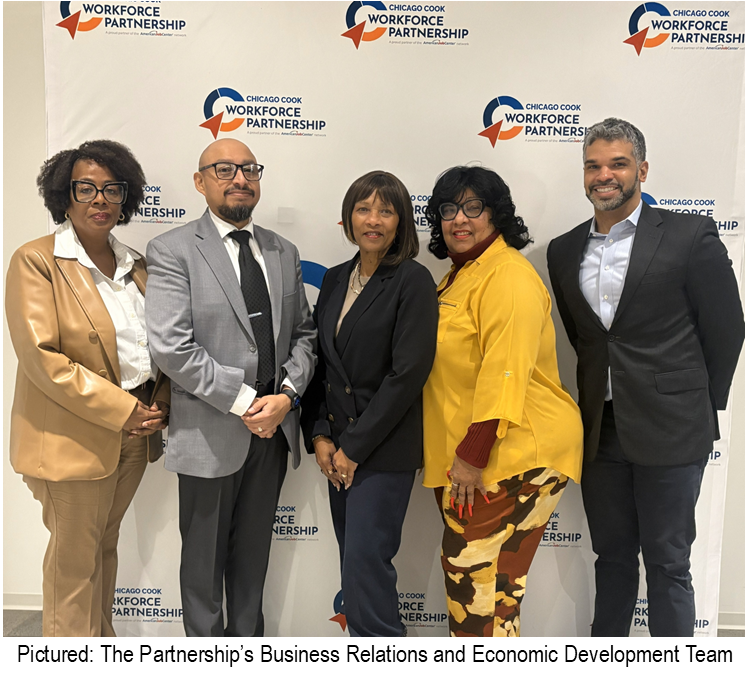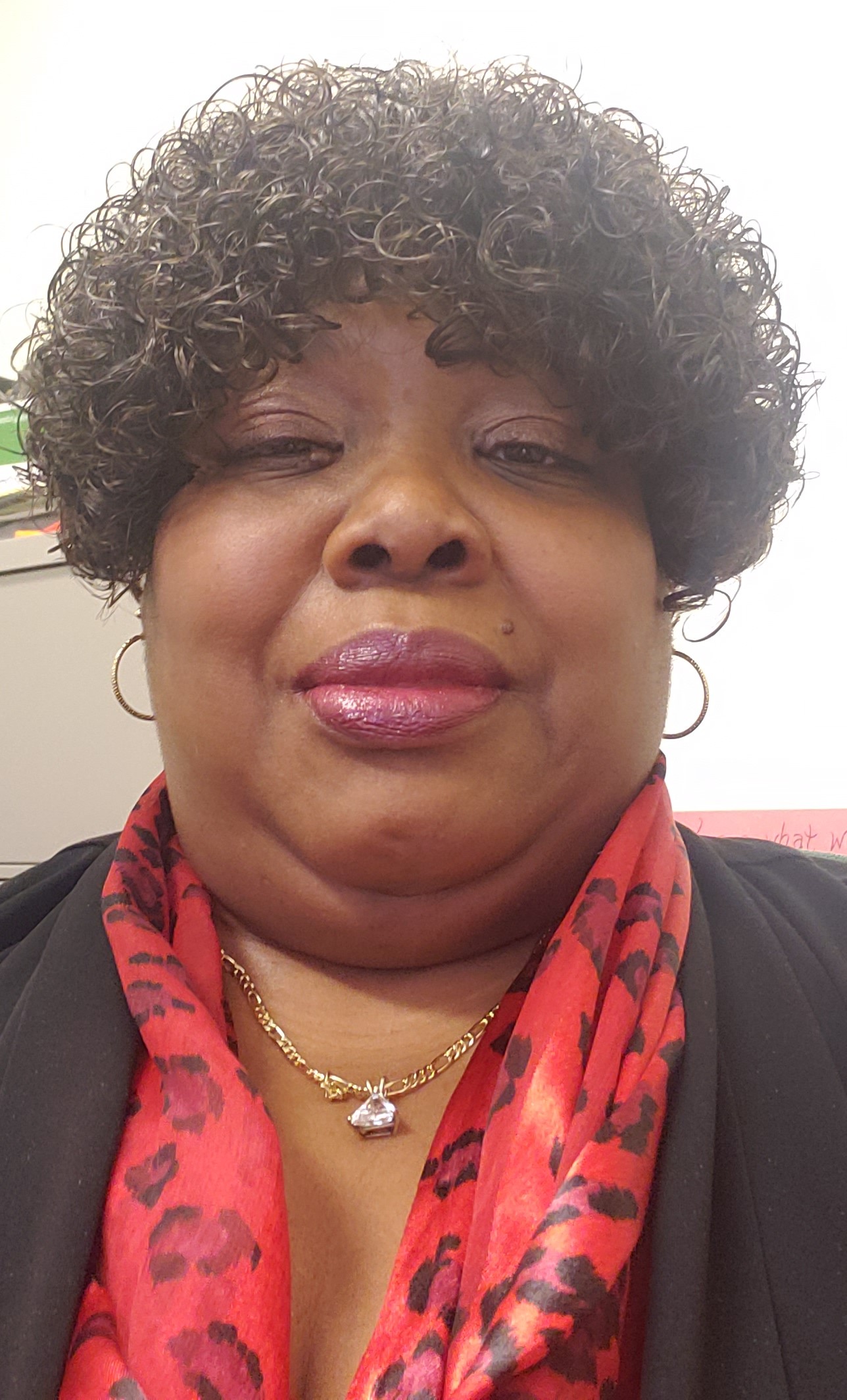Moving Beyond “Meh”: Tips and Tricks for Effective Marketing and Communications in Workforce Initiatives
Tuesday, June 17 | 1-2 ET
Audience
- Local and state-level workforce board directors and program managers.
- Workforce development program administrators oversee programs such as apprenticeships and job training initiatives.
- Career counselors and case managers who work directly with job seekers and employers.
- Training providers such as those in community colleges, trade schools, and non-profit organizations.
Session Description
Are your organization’s materials reaching their intended audiences? Do your messages get to the root of your purpose in a way that compels others to engage? Are your staff and stakeholders equipped with the tools to support your growth? If you’re unsure or noting room for improvement, this session is for you!
In this session, you’ll learn from Kara Lehnhardt and Andrea Outhuse, two seasoned communications experts with decades of experience in mission-focused organizations. They’ll share tools and inspiration to move your communications from “meh” to “wow!”. Together we’ll walk through a process for thinking wholistically and strategically about communications. You’ll learn how to assess your current messaging and materials while gaining practical tips to improve their effectiveness and streamline production.
Learning Objectives
Upon Completion of the session, participants will:
- Understand the value of thinking strategically about communications and the steps involved in the process.
- Identify their core audience(s) and be able to assess their existing mix of messaging and materials to reach them.
- Explore the “why” behind their work and how to speak to their “why” in a way that resonates with their audiences.
- Gather tips for using core messaging across the organization’s mix of strategy and marketing materials and improving efficiency.
- Understand how to implement evaluation systems for their communication strategy.
- Understand that TriMetrix can help organizations improve their communication strategies and provide support for those who lack the knowledge or capacity to implement a comprehensive communication plan.






